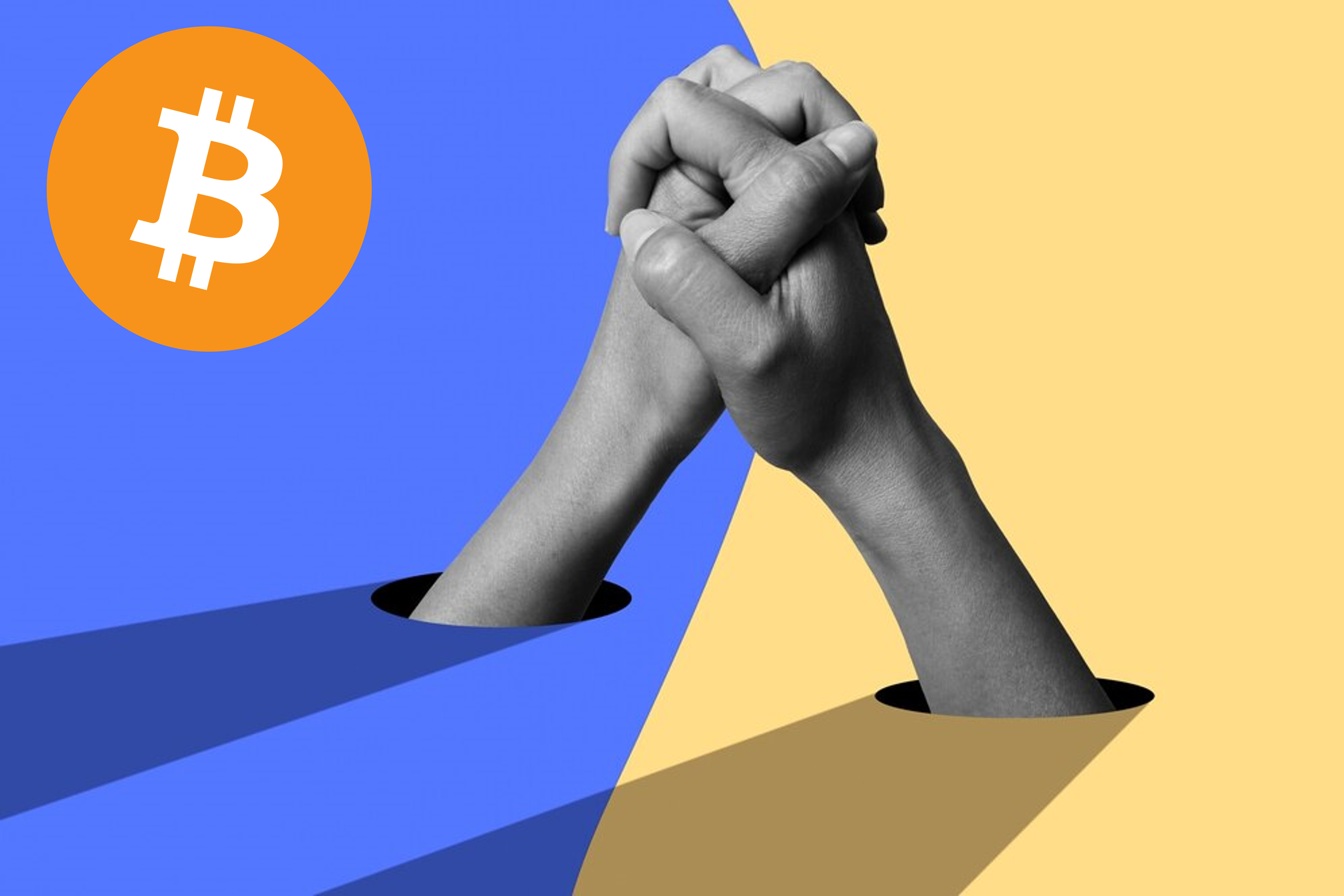
A few days ago, I watched an interview where a young man recounted his hardships to emigrate from Cuba and settle in Spain. As someone who also experienced emigration – under more fortunate circumstances – I couldn’t help but be deeply moved. The reality of leaving one’s homeland, leaving behind cherished customs, friends, family, and the streets of childhood, is something that many cannot grasp. The situation becomes even more daunting in countries with strict financial controls. This implies that upon securing employment in a foreign land, one must navigate the task of sending remittances to family without causing them to be interrogated as if they were fugitives.
For this and so much more, I’m truly grateful for the existence of cryptocurrencies… They streamline life, providing options and freedom where layers of bureaucracy and unjust restrictions reign. In countries where governments erect countless barriers to economic freedom, Bitcoin, Ethereum, and their counterparts emerge as beacons of hope, enabling transactions devoid of meddling government entities. Yet, it’s important to note that barriers to free trade are just one part of the problem, as oppressed nations often grapple with soaring inflation rates.
Inflation spells disaster… Prices skyrocket, the local currency’s value plummets against the US dollar – it’s not that the dollar “gains value” in these countries, but the national currency becomes increasingly worthless – and salaries, savings, and pensions evaporate. Without legal access to much stronger fiat currencies, people resort to black markets, but navigating those paths can be challenging. In contrast, cryptocurrencies are gaining traction and offer more robust solutions for protecting savings.
“Inflation is the most cruel and regressive tax that can be imposed on people… it is the result of too much money chasing too few goods. Inflation doesn’t affect everyone equally; it hits much harder on people who earn less”.
-Milton Friedman.
Against Censorship
In the face of severe assaults on freedom of expression and economic liberty, it’s only natural for individuals to unite and seek avenues to support their causes – in oppressive regimes, even NGOs face government persecution. Well, cryptocurrencies enable cross-border and anonymous donations to human rights advocacy organizations. Also, blockchain-based initiatives serve as vital tools for disseminating uncensored information. Activists can leverage decentralized platforms to share content, including reports on human rights violations, free from the threat of censorship by authorities.
Whether due to political, cultural, or ideological differences, the interpretation of human rights remains a topic of debate for some, even in 2024. In an era where common sense seems increasingly scarce, those who are not influenced maintain a clear stance: human rights guarantee the right to life, freedom of expression, and equality before the law. Safeguarding these principles is essential for fostering peaceful and sustainable societies, where individuals can realize their potential and live with dignity, whether they opt to flourish in their home country or seek personal enrichment in foreign lands.
“The right to pursue happiness transcends mere constitutional entitlement; it embodies the very essence of the human spirit. It’s the relentless quest for meaning and purpose that propels us, defining our humanity”.
-Eric Hoffer.

If someone suggests that claiming cryptocurrencies can save lives is an exaggeration, well, they lack understanding. There have been several specific instances where cryptocurrencies played a crucial role in defending human rights: in Venezuela, amidst a hyperinflationary crisis; in Iran, a nation subjected to numerous financial restrictions imposed by the government and international sanctions; during the 2019 pro-democracy protests in Hong Kong; in Zimbabwe, a country marked by periods of hyperinflation and currency devaluation; and Ukraine, where funding was sought amidst the conflict with Russia.
In a world where many societies grapple with economic, political, and social challenges, cryptocurrencies have emerged as a vital tool to safeguard individual rights and foster financial freedom. Blockchain-based projects offer an alternative that confronts government repression, censorship, and unchecked inflation. Politicians often wreak havoc and expect the people to foot the bill… It’s important for us to recognize that we’re not destined to endure the repercussions of any system, particularly not an authoritarian one, and to educate ourselves in new financial technologies. By taking this road, we’ll have a better chance of creating opportunities where they’re scarce.
Keep in mind that we publish fresh content weekly on Purse.io, all geared towards educating the community on e-commerce, Blockchain, and cryptocurrencies. Subscribe to our newsletter for the latest updates.
We’re also tirelessly enhancing Hamza.biz, the pioneering Web3 e-commerce platform driven by the Loadpipe protocol: an open-source solution crafted to advocate for a novel governance model and empower users with access to a wide variety of cryptocurrencies, enabling them to trade without being burdened by stringent regulations.
- authoritarian regimes (1)
- bitcoin (62)
- Blockchain (92)
- censorship (2)
- cross-border transactions (2)
- cryptocurrencies (80)
- decentralized platforms (2)
- economic freedom (3)
- economic liberty (1)
- ethereum (43)
- financial technology (1)
- freedom of expression (1)
- Hong Kong (4)
- human rights (1)
- inflation (10)
- Iran (2)
- ngo (1)
- oppression (1)
- remittances (5)
- ukraine (2)
- Venezuela (7)
- zimbabwe (2)